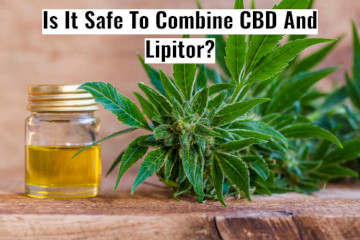Brittney asked
I take Claritin every day for allergies. I am wondering if it is safe to have a glass of wine at night.
Answer
 It generally is not recommended to mix alcohol and antihistamines like Claritin (loratadine) due to the risk of additive sedation that may occur. However, only small number of individuals experience drowsiness on Claritin. If Claritin doesn't make you tired, it is unlikely that alcohol will interact with it or cause any sort of additive side effects, as discussed below.
It generally is not recommended to mix alcohol and antihistamines like Claritin (loratadine) due to the risk of additive sedation that may occur. However, only small number of individuals experience drowsiness on Claritin. If Claritin doesn't make you tired, it is unlikely that alcohol will interact with it or cause any sort of additive side effects, as discussed below.
Potential Interaction Between Alcohol And Claritin
Antihistamines, like Claritin, and alcohol, are CNS (central nervous system) depressants. They can cause sedation, lethargy and dizziness. Combining them can increase the risk of these effects.
Different classes of antihistamines have varying degrees of sedating effects. Benadryl for example, a "first-generation" antihistamine, is well known to cause sedation, which is why it is often used as a night-time sleep aid in addition to its use for allergies.
However, Claritin, a "second-generation" antihistamine, is relatively non-drowsy for most individuals. According to the prescribing information for the drug, only around 8% of individuals report experiencing any sort of sedation when taking the drug. If Claritin does not cause you to be drowsy, it may be safe to drink alcohol.
In fact, a study referenced in the Canadian prescribing information for Claritin concluded that Claritin does not potentiate the effects of alcohol in individuals. Per the study:
"In a double-blind study, the ability of healthy male volunteers to concentrate, as measured by multiple choice reactions and visuomotor coordination tests was not impaired by either 40 mg loratadine alone or in combination with 0.75 g/kg of alcohol"
Lastly, most individuals take Claritin in the morning to prevent allergies from occurring. The sedatory effects of Claritin, should they happen, generally dissipate over the day. If you only consume alcohol at night, away from Claritin dosing, there is little chance you will experience additive sedation.
Conclusion
Overall, if Claritin does not make you drowsy, drinking alcohol should not cause any sort of additive side effects. If you are in the small percentage of people where Claritin does cause drowsiness, drinking alcohol will likely cause more sedation.




